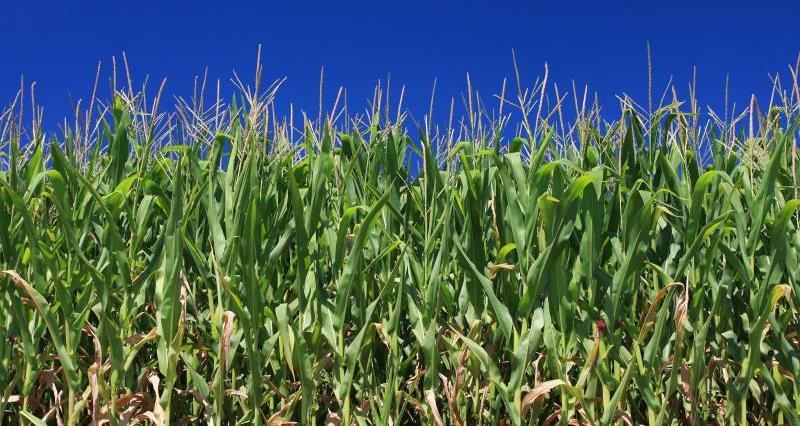What
By planting an early maturing maize crop and harvesting as early as possible, you can help improve soil conditions for future crop development and help protect the surrounding environment.
Why
To preserve one of your farm’s most valuable assets; its soil.
Owing to the late harvesting nature of maize often under wet autumn conditions, soils are put at risk from compaction, runoff and erosion. The risk of runoff and erosion from following crops are also increased if these crops are planted late and in wet conditions.
How
- Choosing the correct field for growing maize is vital and can help both with harvesting and to reduce erosion.
- Planting on flat and gentle slopes where possible and on fields away from watercourses, sensitive habitats, property and roads where there is a risk of runoff, are all important pre-planting considerations.
- Where you are unable to avoid planting in fields of a higher risk, it is important to harvest these fields early so as to reduce erosion and to reduce the risk of cross compliance and legal enforcement where pollution may occur from muddy runoff.
In order to prevent runoff, sheet wash and soil erosion, additional attention is needed on light, freely drained soils such as sandy soils and on slowly drained soils that can lie wet. Both soil types are at a high risk for growing forage maize. Here the risks include:
- Capped soil in seedbeds on fine and silty soils.
- Compacted soil in tramlines.
- Compacted soil following harvest, particularly when harvested in late Autumn.
Measures for dealing with soil erosion caused by water for forage maize.
- On high risk land choose early maturing varieties to enable an early harvest.
- Consider undersowing the crop with a grass or grass/clover mix.
- Strip tillage may be an option to protect the seedbed in the earlier stages of development.
- Choose low ground pressure tyres on harvesters, tractors and trailers to minimise compaction.
- Cultivate and loosen the soil as soon as possible after maize harvest.
- Do not leave compacted maize stubble over winter on high risk land. Leave the land rough ploughed.
- Do not sow grass following late harvested maize on high risk land. Where conditions are really wet it is better to rough plough following harvest and to sow spring crops, rather than ‘force’ sowing of winter crops.
- Consider planting cover crops only when conditions are suitable. This will help to protect the soil and to prevent the leaching of nitrogen.
- On high risk land with steep slopes do not spread manures and slurry during the winter.
- Do not out-winter stock on maize stubble on high risk land.
Additional advice:
The Maize Growers Association is an independent, subscription based organisation, which aims to be the foremost provider of information on maize and whole-crop silage production. Further information about the MGA can be found on the MGA website www.maizegrowersassociation.co.uk.
Over 15 years ago, the Maize Growers Association (MGA) recognised the negative impact that inappropriate maize growing can have on the opportunities for farmers keen to make the most of this excellent crop, and for this reason have offered free advice and information to any grower, whether they are MGA members or not on the environment sustainability of their maize growing. Farmers keen to take up this ongoing offer need only contact the MGA Office or enquire via the MGA web site.
